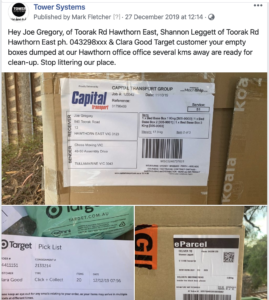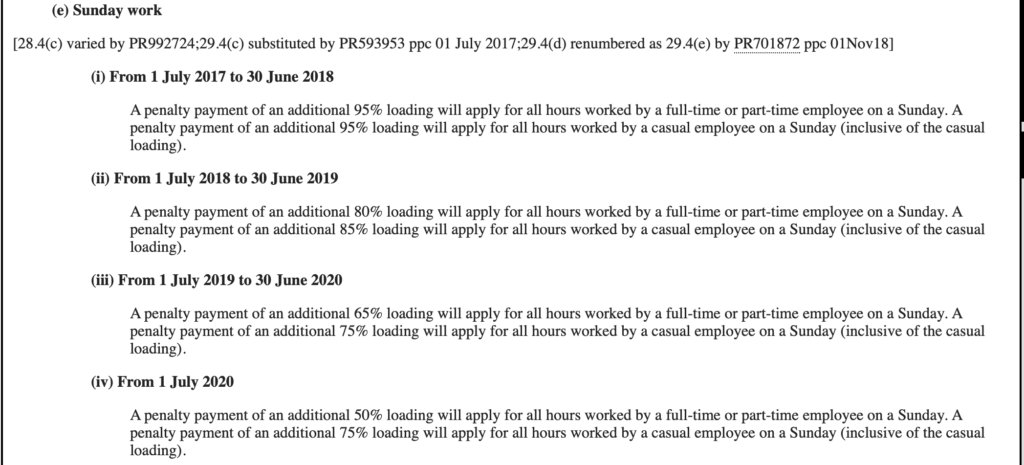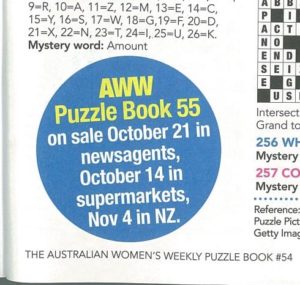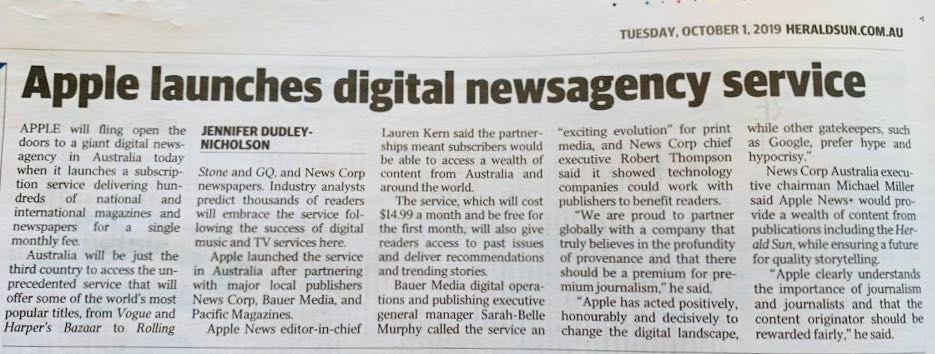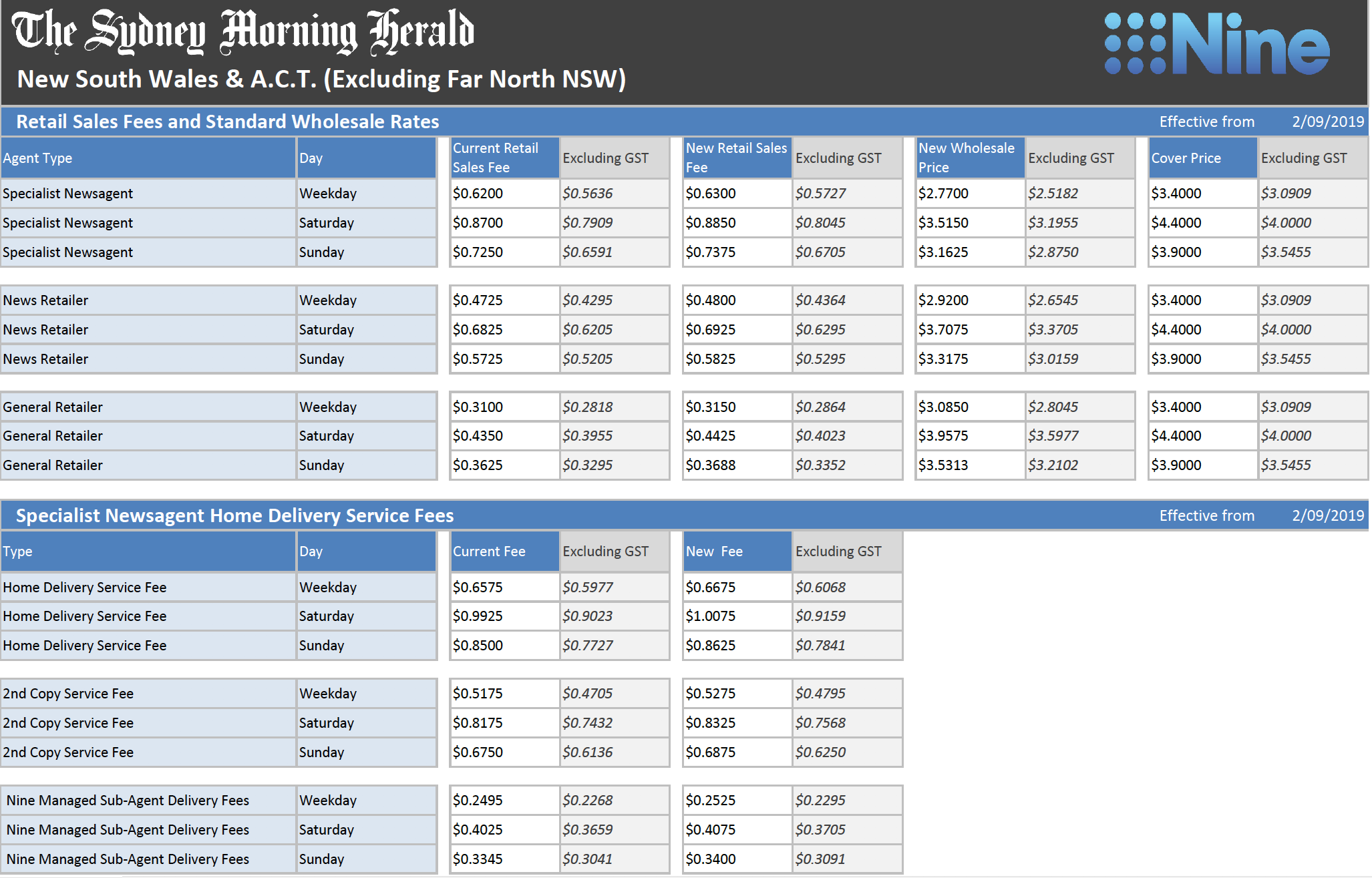Ovato offers little help to small business newsagents in dealing with the AFL trading card problem
Ovato is being inflexible in helping newsagents deal with the supply of AFL trading cards. here is the company’s position:
Team Zone AFL Cards – 85864/210
O/S March 14th
Initial allocation based on 80% of 2019 sale & small agents full carton or below got full supply larger agents received on average just 35% of total supply
Current sales in newsagents are 15% of initial supply after 10 days on-sale and sales are tracking -10% YoY
Returns policy as previous years. Agents need to phone / e-mail the contact centre to confirm how much stock is wanted to be returned. Publisher will send Aus Post return label to agent. Once agent confirms returns have been sent credit is given.
Select AFL Cards – 15035/70
O/S March 2nd
Initial distribution was 60% of final sales in 2019.
Current sales in newsagents are 30% of initial supply after 3 weeks on-sale and sales are tracking -10% YoY
Returns policy: Stock can be returned for credit but is full copy return.
For those outside of newsagency businesses – this is stock newsagents did not order. They are forced to carry the financial burden off dealing with this. This is unfair given that there is no reasonable process in place for newsagents to mitigate their financial costs for this product.
The Ovato approach places an unfair burden on small business newsagents.




